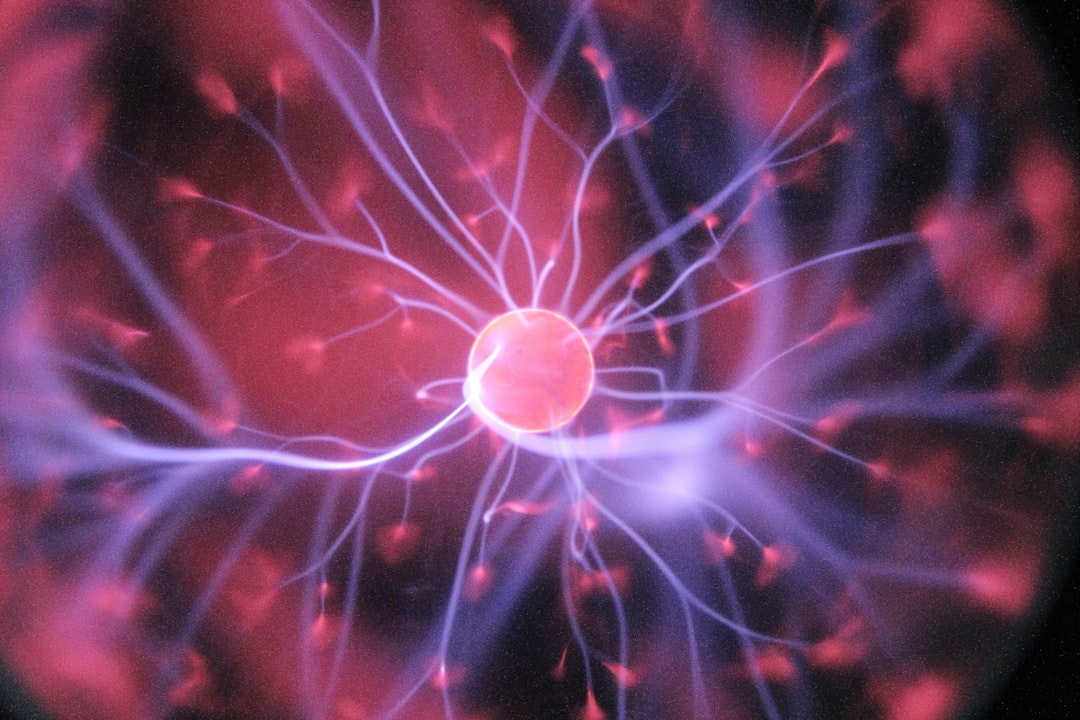What is it about?
The daily rhythm of adult emergence of holometabolous insects is one of the first biological rhythms to be studied. It has been assumed that the circadian clock controls the timing of emergence by simply stimulating or inhibiting emergence. Here we show that the clock “gates” the emergence of Drosophila by controlling when the insect initiates the final steps of metamorphosis.
Featured Image

Photo by Federica Bisso on Unsplash
Why is it important?
The daily pattern of insect emergence is one of the first biological rhythms to be studied, yet little is known about the mechanism by which the circadian clock controls the timing of emergence. Our work shows that the basis of this control is a developmental process and not an acute on/off activational switch, and fundamentally changes our understanding of how this circadian control is accomplished. It also provides an example of a novel mechanism by which the circadian clock imposes a daily rhythmicity to behavior
Perspectives
This project was initiated many many years ago, inspired by the observation that flies that were expected to emerge on a particular day seemed to not be developmentally ready to do so until the appropriate time of day. This suggested that the clock regulates the timing of emergence at least in part by controlling the timing of metamorphosis. It then took me several years to put together a suitable setup to follow and analyze the timecourse of metamorphosis in individual animals.
John Ewer
Universidad de Valparaiso
Read the Original
This page is a summary of: The circadian clock gates
Drosophila
adult emergence by controlling the timecourse of metamorphosis, Proceedings of the National Academy of Sciences, June 2021, Proceedings of the National Academy of Sciences,
DOI: 10.1073/pnas.2023249118.
You can read the full text:
Contributors
The following have contributed to this page










